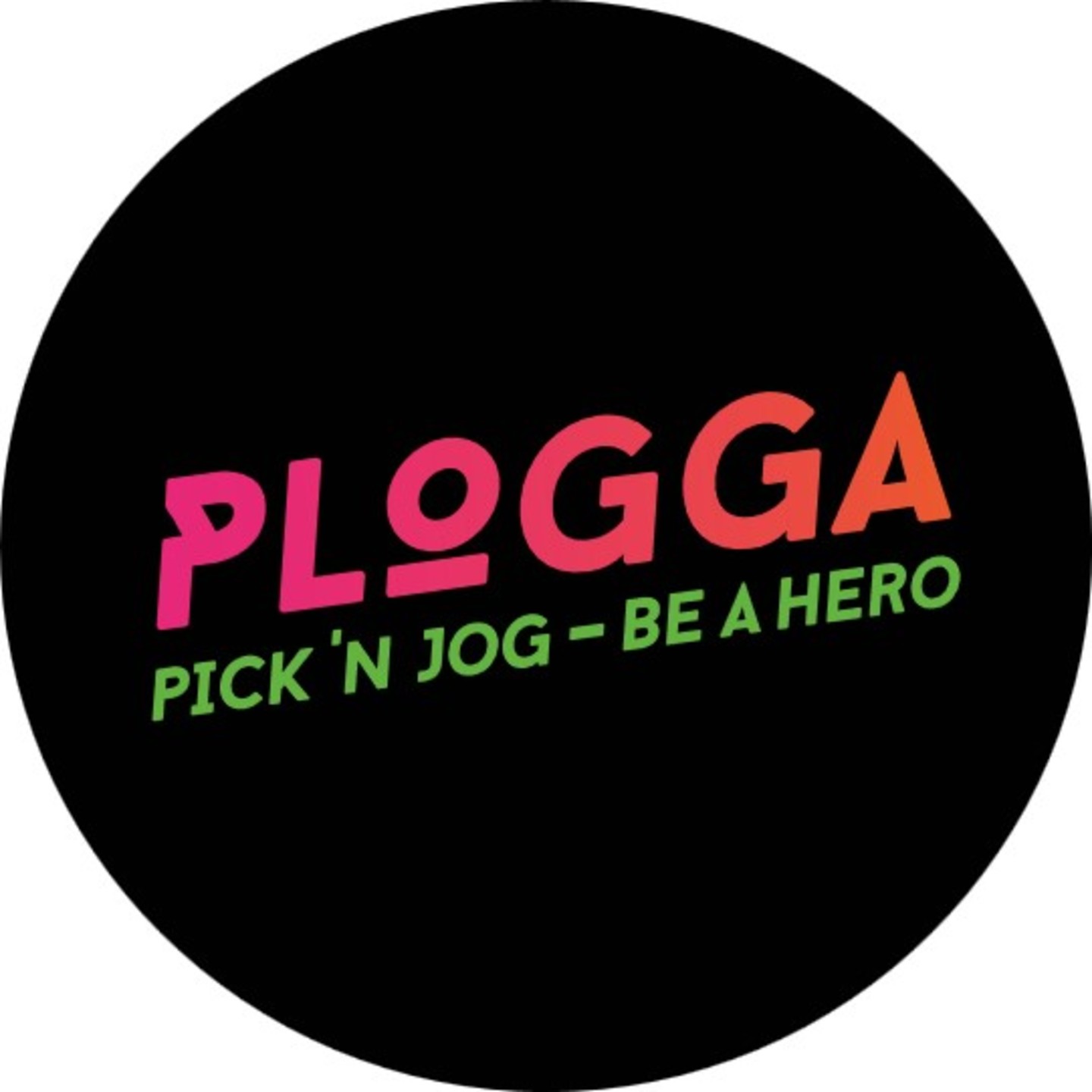Article, Introduction
Plogging: Combining Ecology and Sport

If you put together pick and jog, from the Swedish word plocka upp (means; picking up) and jogga (means; jogging) you get plogga (SE) or plogging (EN). A new fitness trend which is also good for the environment and society.
What is Plogging?
What is Plogging?
A plastic bag, comfortable clothes, and a pair of running shoes it’s all you need to improve your physical condition and make the world a cleaner place. Plogging combines physical activity with litter picking and the average user burns about 288 calories in 30 minutes. [1]
Although the activity originated in Sweden, plogging has since the start 2016 it has spread almost all over the world [2]. The success of the initiative is certainly due to its simplicity, but also due to its social usefulness. The act of litter picking is very simple, but at the same time it is very important because it keeps the environment cleaner and prevents soil and water pollution, which can have serious consequences for animals, plants, and human beings.[1]
Anyone can plogga whenever and wherever they want. You don't need an organised event, all it takes is, a runner, to grab a bin bag and a pair of gloves when you leave and get involved in this environmental action.[1] If you don't like jogging, you can just as easily choose to walk, skateboard, cycle, swim or something else. The main idea is that you are picking up trash while practicing any form of physical activity, and then gain both health and environmental benefits.[2]
How to “Plogga”?
- Plogga in a group - This activity can be more fun if you join in with others to do it.
- Combine it with other exercises - As well as walking and running, plogging involves other movements such as bending your legs.
- Swap the bag between arms - Do this often to avoid strains from constantly carrying all the weight on one side. Use gloves too to keep your hands clean.
- Do sprints - To improve cardio-vascular performance it's good to run less than 10 kilometres and intensify the session by climbing, jumping or changing speed.
- Get involved - For your health and the environment's health, plogga daily.
- Separate and recycle waste correctly - After the activity, put the rubbish in the appropriate places.
- Take photos of your sessions and share them on social media with the hashtag #Plogging or #Plogga. This can inspire others and help to spread the movement.
Authors: Cidália Gonçalves1, Sónia Silva1, Nádia Moura1 and Rebekka Mannelqvist2
1Liga Portuguesa Contra o Cancro, 2Region Västerbotten.
Sources:
[2] https://www.plogga.se/, 2023-10-13
